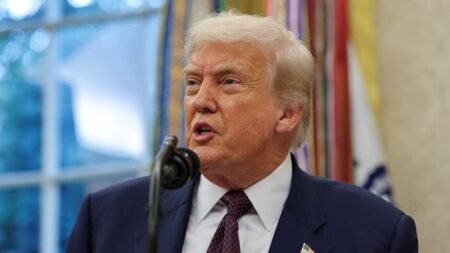El Salvador is the smallest country in Central America but one of the most densely populated. It lies on the Pacific coast, bordered by Guatemala to the west and Honduras to the northeast. The capital city is San Salvador, which is also the largest city and the political and economic center of the country. Despite its small size, El Salvador has a diverse geography that includes volcanoes, mountains, and coastal plains. It is located along the Pacific Ring of Fire, making it vulnerable to earthquakes and volcanic eruptions.
With a population of about 6.5 million people, most Salvadorans are Mestizos, meaning they have mixed Indigenous and European heritage. Spanish is the official language, and Roman Catholicism is the dominant religion, although Protestantism has grown significantly in recent years. The culture of El Salvador reflects a rich mix of Indigenous, Spanish, and African influences, seen in its music, food, and traditions. Pupusas, thick corn tortillas filled with cheese, beans, or meat, are the country’s most famous dish and an important part of Salvadoran identity.
El Salvador’s economy is developing and mainly based on agriculture, manufacturing, and services. Coffee and sugar are important agricultural products, along with corn and beans that support local food needs. Many Salvadorans live abroad, particularly in the United States, and their remittances provide a vital source of income for the country. Despite this, El Salvador faces economic challenges such as poverty and inequality, which affect many of its citizens.
Politically, El Salvador is a democratic republic. It has a president who serves as both head of state and government. The country has faced a history of political instability, including a devastating civil war that lasted from 1980 to 1992. This conflict was fought between the government and leftist guerrilla groups and caused thousands of deaths and widespread displacement. The 1992 Chapultepec Peace Accords officially ended the war and started reforms aimed at strengthening democracy and human rights in the country.
One of the major ongoing issues in El Salvador is crime and violence, especially due to powerful gangs like MS-13 and Barrio 18. These gangs have a strong presence in many communities and contribute to high rates of insecurity and violence. To combat this, the government has taken strict law enforcement measures and created high-security prisons designed to isolate gang members. However, these prisons have often been criticized for overcrowding and harsh conditions, with reports of human rights abuses emerging from these facilities.
El Salvador made international news in 2021 when it became the first country in the world to adopt Bitcoin as legal tender. This move was intended to increase financial inclusion and attract investment, but it has received mixed responses. Some Salvadorans have welcomed the innovation, while others remain cautious about the risks involved. The global financial community has also expressed concerns about the country’s new cryptocurrency policy.
Tourism is an important sector in El Salvador’s economy. The country offers a variety of attractions including beautiful beaches, national parks, and archaeological sites such as ancient Mayan ruins. Tourists also visit vibrant cities like San Salvador and enjoy the local culture through festivals, traditional music, and cuisine. Despite the challenges El Salvador faces, its natural beauty and cultural richness continue to draw visitors from around the world.
El Salvador’s location and history have shaped it into a unique and complex country. It is a nation working to overcome past conflicts and current difficulties, while striving to provide a better future for its people. With its dynamic culture, scenic landscapes, and resilient population, El Salvador remains a significant country in the Central American region.







